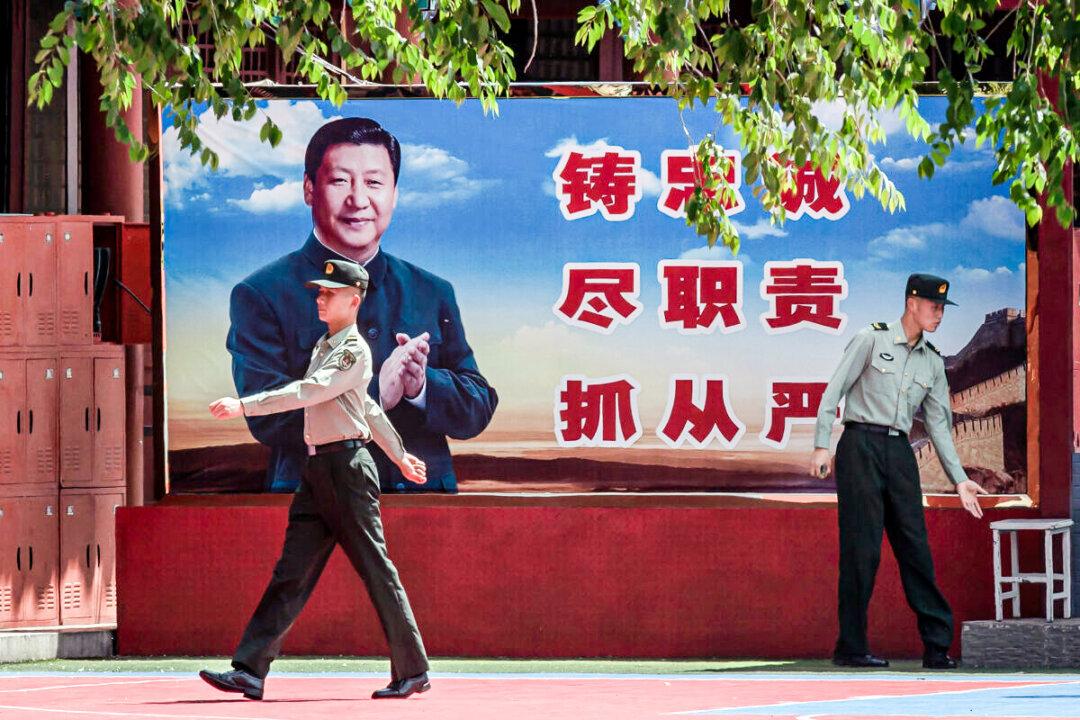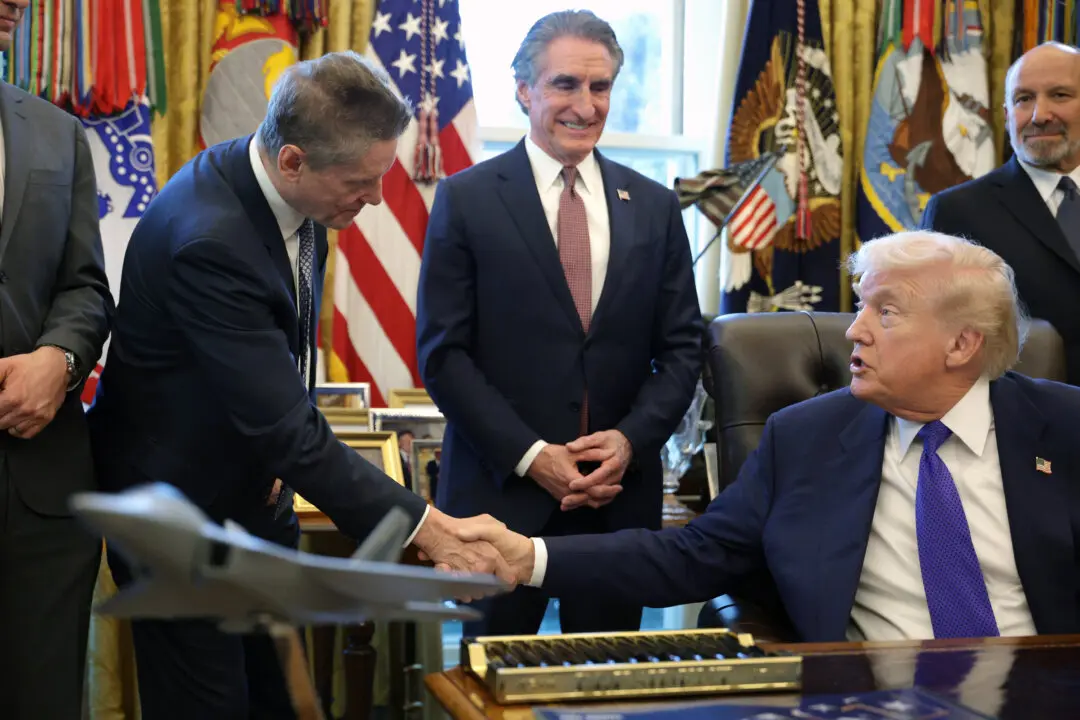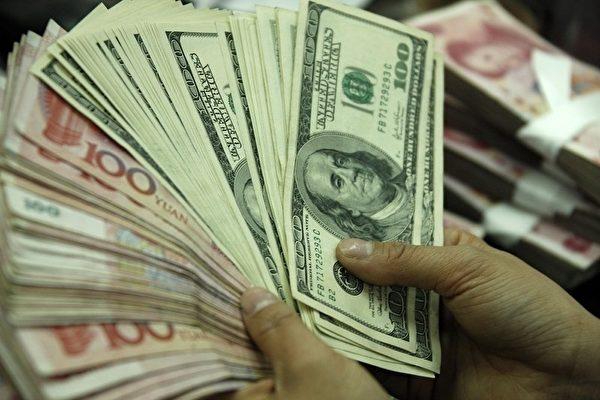Commentary
Chinese leader Xi Jinping and others in China’s communist regime frequently associate themselves with the reputation Chinese culture has for patience and taking the long view in human interaction. If that cultural reputation is justified, Beijing’s claims ring false. Little of what China’s leadership does—certainly in the realm of economics—exemplifies either patience or the long view.





